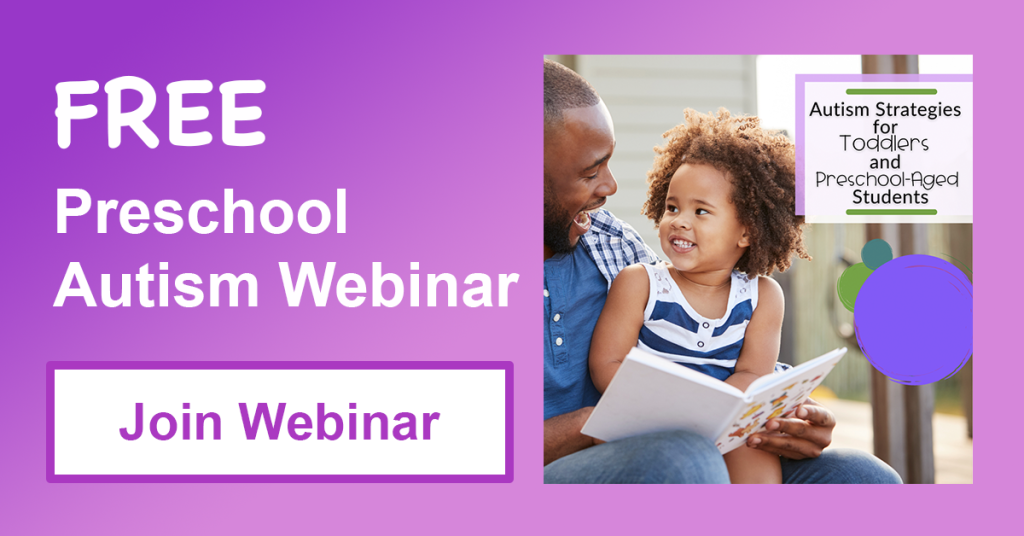“Well, I guess you better figure it out”....
Episode #148: 5 Mistakes I Have Made Working With Autistic Students
As an SLP – BCBA working in the field for the last two decades, I have certainly made mistakes and learned along the way. Today I am sharing my top 5 mistakes and what I would do differently. Because when we know better, we do better.
- Yes/No Questions – working on this too early is not productive; it is important but requires a much higher level language!
- Not setting specific goals on Joint Attention – Good providers have these opportunities naturally, but it’s necessary to set specific goals and specific focus using the three-part framework: Books, Music, and Play!
- JARGON – using too much professional jargon is not the right move unless you’re talking to ONLY other members of your profession. Ethically, you need to use words that are understandable by all!
- The term “Red Flags” – in reference to autism “Red Flags” have a negative connotation. Use language that supports your learners; try language like “Signs” or “Characteristics”.
- Eye Contact as a goal – while eye contact can be a helpful skill, it’s not directly important to communication and will often be a natural by-product of focusing on joint attention.
In a world where 1 in 36 individuals has autism, we have to strive to support autistic learners in every way we can.
#autism #speechtherapy
What’s Inside:
- Top 5 Mistakes when working with autistic students.
- Changing your language to support autistic learners.
- Why you shouldn’t use jargon in IEP meetings.
- Are Yes/No questions important?
- How to set goals for joint attention.
- Can eye contact be a by-product of other communication goals?
Mentioned In This Episode
Rate, Review & Subscribe
If you found this podcast helpful, please consider rating and reviewing my show! This helps me to support more people — just like you!
If you have not done so already, subscribe to the podcast. This ensures that you do not miss an episode!
Listen on
Apple Podcasts
Listen on
Stitcher
Subscribe
via Email
You Might Also Like…
Episode #185: Replay: The Power of Joint Attention
Enjoy this replay from episode 62. Joint attention is...
Episode #184: 5 Tips For Dealing With Contentious IEP Meetings
Conflict is part of what we do...
